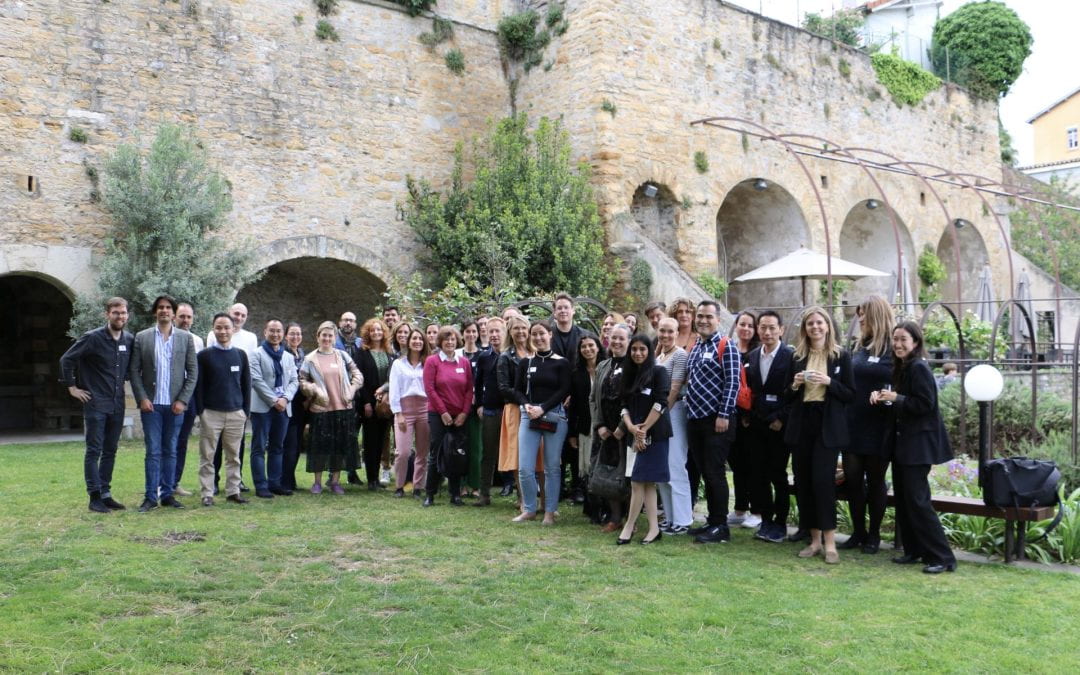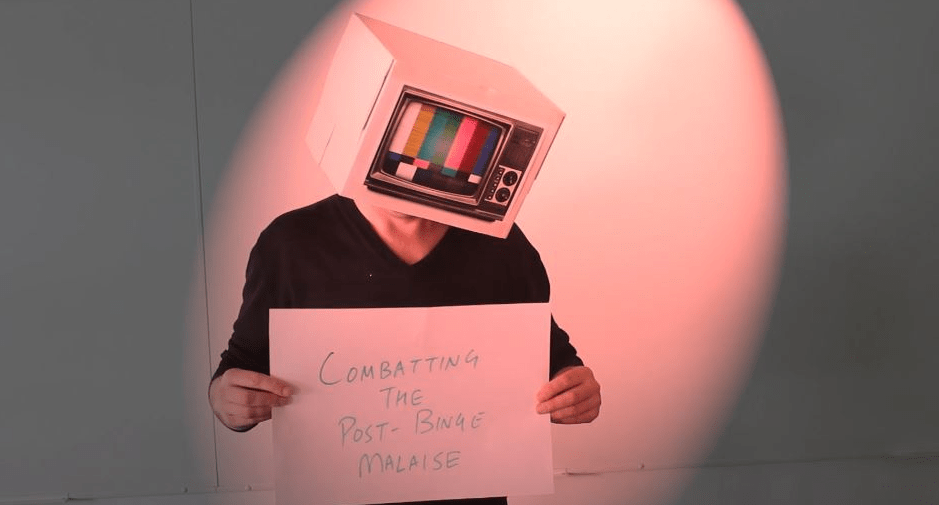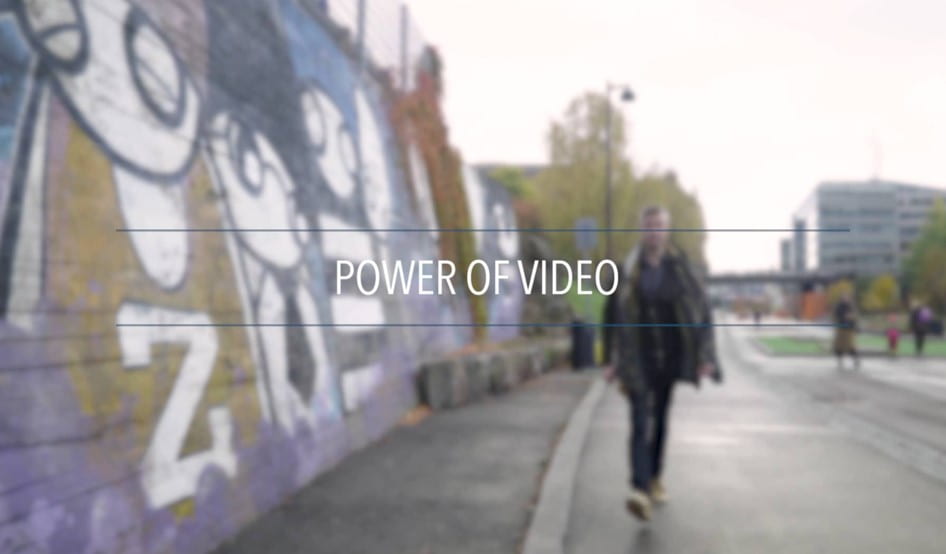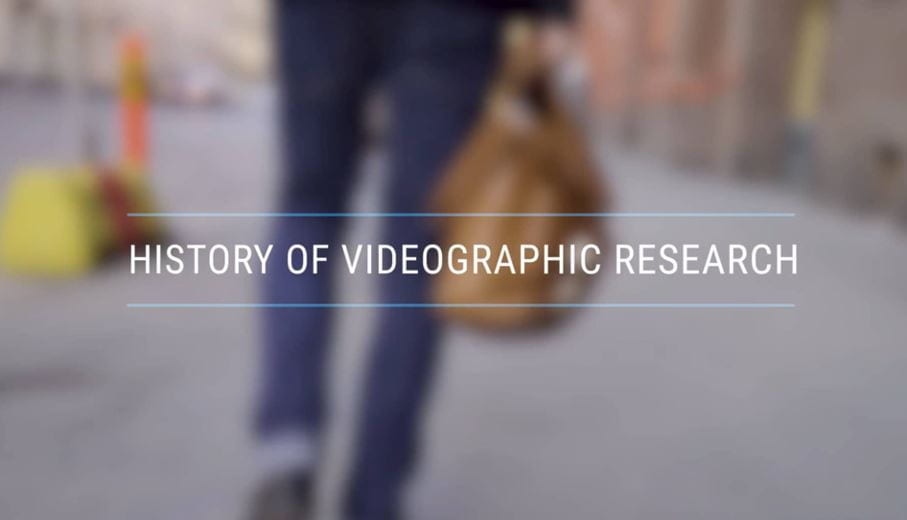
par florence | Déc 7, 2022 | News, research
In the context of 150-year celebration of emlyon, Lifestyle research center wanted to sketch a short historical background of the key events, people, and influences that helped shape the evolution and activities of the marketing department at our school. With this in mind, we were fortunate to have the chance to interview some of the past marketing department leaders – including, Philippe Albert, Robert Salle, and Gilles Marion. The resulting text was published in the 150-year anniversary book and made available in shortened form below.

par joonas | Juil 31, 2020 | research
(Image: Jones et al. 2018, Mapping the Extended Frontiers of Escapism videography) In the PART III of videography short film introductions, we discussed the power of film. Next we want to illuminate some concrete and innovative filmic examples and discuss their select...

par joonas | Juil 17, 2020 | research
Through our entire beings, we live and breathe the age of video. As Norman Denzin (2005) already put it some time ago, “the dominant cultural form of the twentieth century is, and has been cinema and now video”. What we interpret through calm consideration and our...

par joonas | Juil 10, 2020 | research
Videographic research is as old as film. If we consider a succinct historical perspective, cinema was in the first instance silent, where the image was exclusively based on visuality and movement. In hindsight, we can acknowledge the evocative power of video already...

par joonas | Juin 26, 2020 | research
Lifestyle research center will be featuring a series of short films this summer that guide anyone interested to consider perspectives into a novel methodology called “videographic research”. While academics and companies alike dominantly use textual (e.g. interviews)...






Commentaires récents